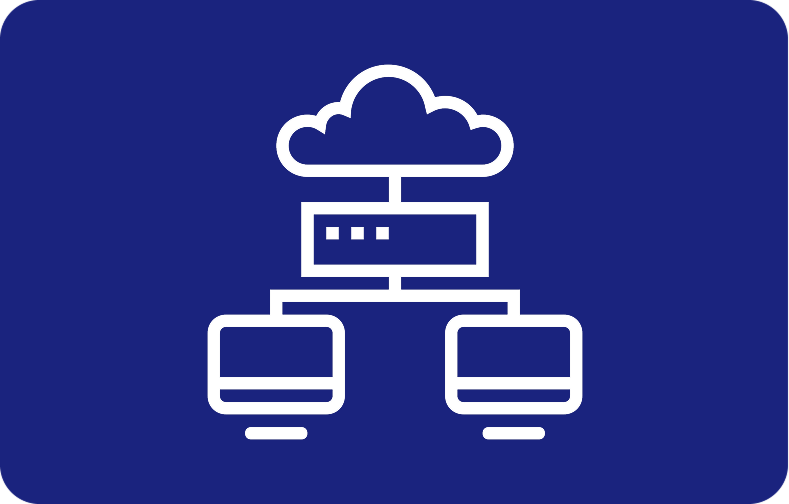VPN & VPS, Let's compare the two

VPS (Virtual Private Server) and VPN (Virtual Private Network) serve very different purposes, but they both involve the concept of private virtualization. Here's a breakdown of their main differences:
1. Primary Function
VPS (Virtual Private Server): A VPS is a virtualized server, meaning it's a portion of a physical server that operates as its own separate server environment. It's typically used for hosting websites, applications, databases, etc. Users have root access to this environment, allowing for extensive customization.
VPN (Virtual Private Network): A VPN is a service that encrypts a user's internet connection and routes it through a remote server in a location of their choosing. This serves to increase privacy, bypass geographical restrictions, and protect data from potential eavesdroppers, especially on insecure networks like public Wi-Fi.
2. Use Cases
VPS: Web hosting, application hosting, development and testing environments, specialized software that might not run on shared hosting, etc.
VPN: Securely accessing corporate networks in a remote manner, protecting personal data on public networks, bypassing internet censorship or geolocation restrictions, etc.
3. Customization
VPS: Users typically have a high degree of control over a VPS. They can choose the operating system, install software, manage resources, and configure the server to their needs.
VPN: Users have limited customization options, typically choosing the server location and some connection settings. The primary purpose is encryption and routing of internet traffic.
4. Infrastructure
VPS: Virtualization software (like VMware or Hyper-V) divides a physical server into multiple virtual servers, each isolated from the others.
VPN: Operates by establishing a secured network connection over the public internet infrastructure or private networks. A VPN connection maintains servers in various locations to which users can connect.
5. Access
VPS: Provides root or administrative access, allowing users to control everything inside their virtual environment without sharing space with other users.
VPN: Users connect to a VPN server using client software. The level of access or control is limited to the features offered by the VPN client or service.
6. Security Implications
VPS: Provides isolation, so one user's activities don't affect another's. However, security inside the VPS depends on how the user wants it to be; this can be done through installing software for threat protection, embedding encryption algorithms or firewalls.
VPN: Enhances online privacy and security by encrypting the user's connection. It helps protect against eavesdropping and provides malware protection, especially on insecure networks.
One of the main reasons cited for the use of a VPN is its ability to provide a private connection to the user. But this feature is not exclusive to a VPN only. As a VPN provides a unique IP address to its users, a VPS does too. But instead of providing a different IP address to the user's network, a VPS designates a new IP address to each new server that is allocated to a user, effectively providing the same facility in a different manner.
Another major drawback of using a VPN is the faulty connection and security issues. While using a VPN if the internet connection drops for even a second, it leaves your IP address exposed and vulnerable to attacks. The same is not the case for a VPS Server. Since the server is isolated, no one remotely accesses any information or reaches any of your data.
In summary, while both VPS and VPN involve private virtualization, they serve different needs. A VPS is essentially a private space on a server for hosting purposes, while a VPN is a tool for securing and privatizing internet connections.












.webp)